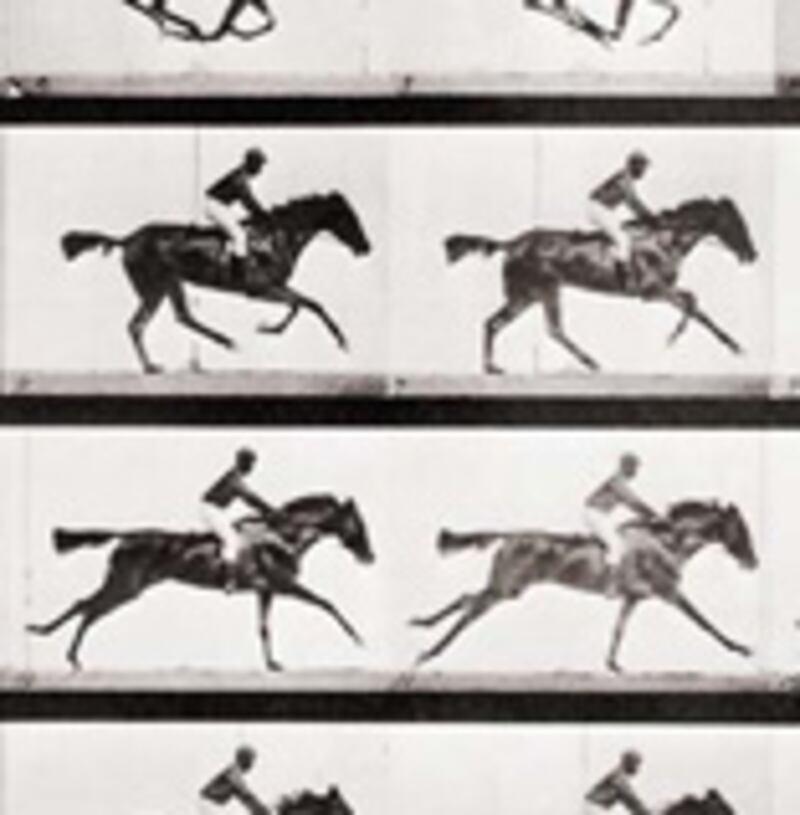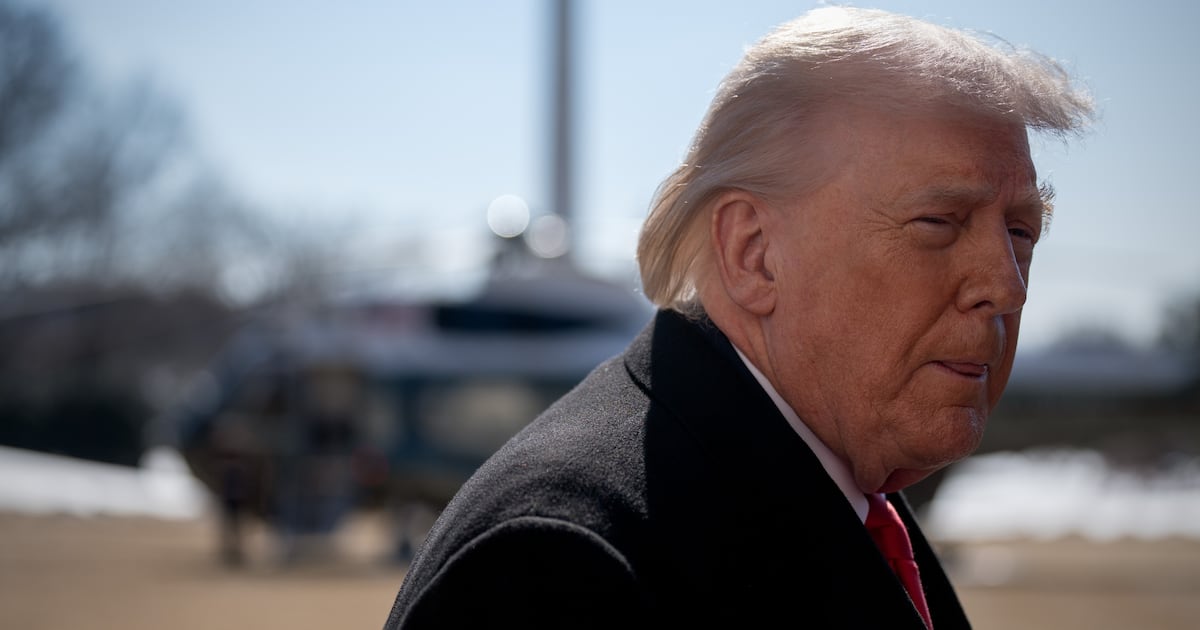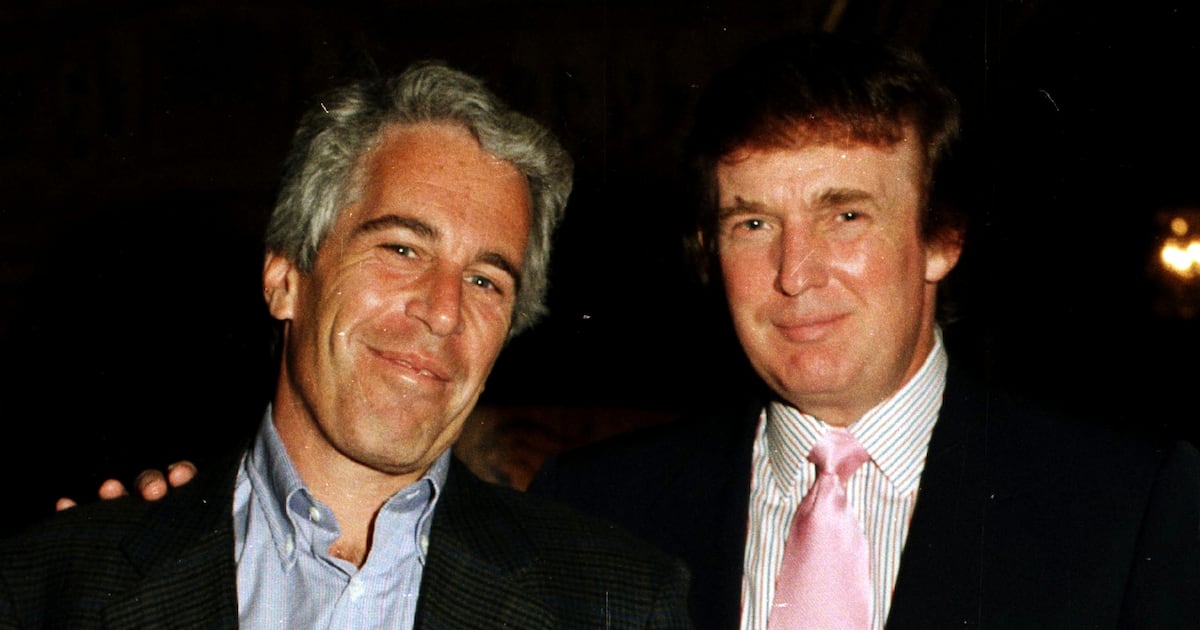The National's All-American Rock

The National is not a band for everyone; Matt Berninger and the several thirtysomething Brooklyn men who comprise the folksy outfit sing about the stuff of saloon songs—getting older, getting drunk, getting sad by the light of a dying fire along with a beautiful girl. And yet, in these times, when we need music to score our uncertainty as much as our optimism, the band’s latest record, High Violet, comes charging in at an ideal moment. The album is lyrical, haunting, and one of their strongest. Steven Hyden of the Onion’s A.V. Club perhaps put it best when he wrote: “The National has graduated from being a critic’s band. Now it belongs to everyone.” This is rootsy Americana at its best; a throwback to Springsteen’s rumbling ballads and Dylan’s reaching lyrics. It is best heard wafting from a jukebox or over a glass of whiskey.
Laughing All the Way From Hollywood to Off-Broadway

Young comedy writing talent Elizabeth Meriwether is living every dramatist’s dream. The 28-year-old has a play opening off-Broadway (starring the great John Larroquette) at the same time as she is needed in Hollywood to oversee the shooting of her first film script, an offbeat romantic comedy, Friends With Benefits, starring Natalie Portman and Ashton Kutcher. Meriwether has been writing plays since her undergraduate years at Yale, and just one year out of school, her work was noticed by megaproducer Scott Rudin, and she was penning an original pilot called Sluts for NBC (it wasn’t picked up). Now, one of her early plays, Oliver Parker!, will open at New York’s Cherry Lane Theater on May 17, and it is deliciously weird; it tells the tale of a 17 year old and the bizarre relationship with an old mentor, with tons of pop culture and naughty sexual details thrown in for good measure. Keep your eye on the play, and on Meriwether—she’s headed straight toward Tina Fey territory.
The Life of Eadweard Muybridge, Frame by Frame

Anyone who has ever peered through a zoetrope has experienced the legacy of 19th-century photographer Eadweard Muybridge, whose action shots of animals and humans in motion set spinning made him the godfather of modern filmmaking. Now on view through July 18 at the Corcoran Gallery of Art in Washington D.C., Helios: Eadweard Muybridge in a Time of Change chronicles the photographer’s life and work. As much about the technique as the images, the exhibition features Muybridge’s glass negatives, lantern slides, and his only surviving zoopraxiscope (or motion picture projector) from 1879. After leaving D.C., the show makes its way to the Tate Britain in London and then to SF MoMA. It’s only fitting that it should be in constant motion.






